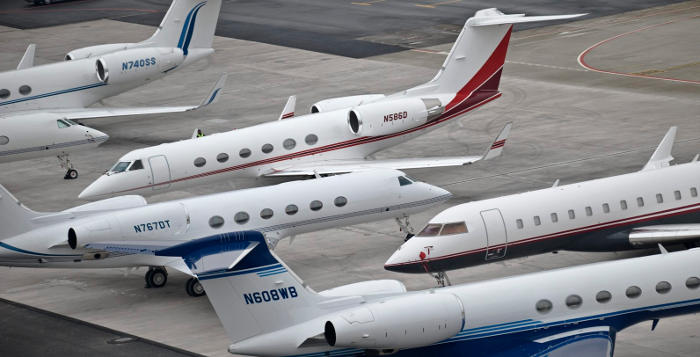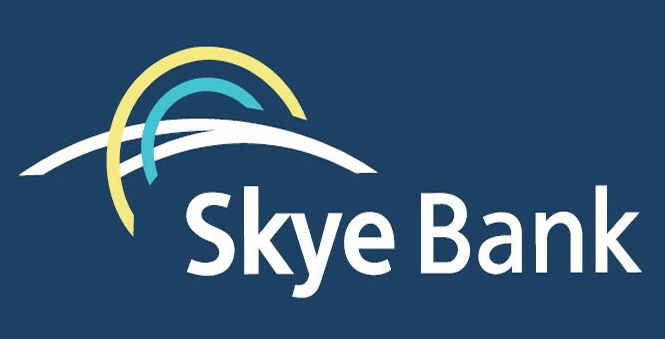Rot in aviation sector: ART calls for a 10-year marshal plan

Chukwuemeke Iwelunmo
The Aviation Safety Round Table Initiative (ART) has called for a 10-Year Marshal Plan for the development of Nigeria’s aviation industry, which will enhance safety infrastructure and increase investments in the sector.
In a communique issued at the end of the four-hour discussion, the body resolved to address Human capital deficiency in Air Navigation and Air Traffic Services, the Nigerian Airspace Management Agency (NAMA) should engage more NCAT and where possible should sign Memorandum of Understanding (MOU) with relevant specialised training institutions within and outside the country to collaborate on the skills gap in addition to using retired competent professionals to shore up any gap in the interim as done in other climes.
It noted that since it was only a few local airlines that have Global Positioning System (GPS) equipped aircraft, NAMA should develop two different charts, one for GPS equipped aircraft operators and the other for non-GPS equipped aircraft to ensure that safety assurance in the Nigerian airspace was enhanced, while NCAA should like other regulators develop and publish the mandates for this service.
ART also urged NAMA to avoid the use of unlicensed Air Traffic Engineers and Air Traffic Controllers working independently without the appropriate supervision of licensed Engineer/Controller calling for the supervision at all times even after On the Job training (OJT)
It also called for the desperate and urgent need for NAMA to accelerate efforts towards ensuring that its communications infrastructure challenges were resolved rapidly in addition to establishing air traffic control centres(ACC) in Abuja and Port Harcourt to enable pilots flying within the Nigerian airspace does not fly blind spots as it was very unsafe.
ASRTI urged its members to facilitate the signing of Service Level Agreements (SLAs) between airlines and NAMA and between airlines and various government-owned service providers to ensure that expected Service Level Standards (SLSs) were met in order to enhance aviation safety.
The body also stressed the need for Nigerian Civil Aviation Authority (NCAA) to be proactive and innovative towards airspace regulation, as weakness or failure of a regulatory body will lead to many incidents while it is the accumulation of incidents that ultimately leads to air accidents.
They equally called on Aircraft Operators to inform both NCAA and AIB promptly about their records of incidents and serious incidents as part of efforts to prevent actual accidents while NCAA should always share any operational occurrence from the operator with AIB.
The communique also urged NCAA to implement all the Safety Recommendations issued by the Accident Investigation Bureau (AIB) to advance the safety of Nigerian airspace while the NCAA must live up to its constitutional mandate and responsibilities as regard oversight and regulatory activities related to Nigeria’s airspace management.
It noted that with the volume of CNS/ATM facilities and services that NAMA was expected to manage and provide, there was a need to create a fund for aviation development, out of which NAMA’s infrastructure and human capital needs can be met.
It noted that in order to ensure regular availability of electric power without which airspace management cannot be effective, NAMA should include private sector initiative and collaboration such as IPP in its proposals to the government.







